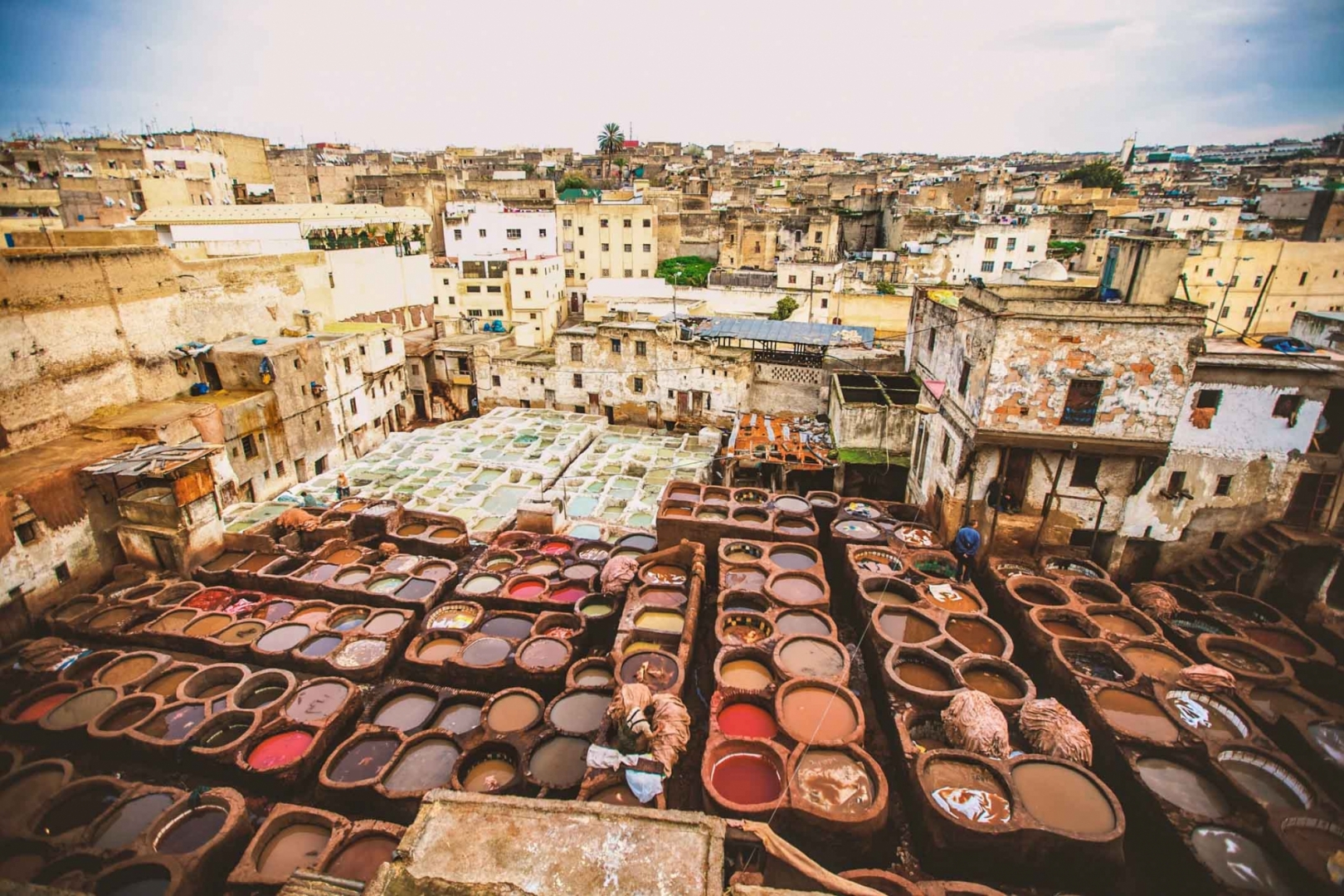Morocco is a popular tourist destination known for its stunning natural beauty, rich history, and vibrant culture. However, the growth of the tourism industry has also led to environmental and social challenges. Sustainable tourism has emerged as a solution that seeks to minimize the negative impact of tourism while maximizing the benefits to local communities and the environment. During Eid Al Adha, which is one of the most significant Islamic holidays, Morocco experiences a surge in tourism. In this blog, we will explore the opportunities and challenges of sustainable tourism during Eid Al Adha in Morocco.
Opportunities:
Eid Al Adha is an important religious festival celebrated by Muslims worldwide, which involves the sacrifice of animals as a symbol of Ibrahim's obedience to Allah. Morocco is one of the countries where Eid Al Adha is celebrated with great enthusiasm, and many tourists flock to the country to witness the festivities. Sustainable tourism during Eid Al Adha can provide several opportunities, including:
Promoting local culture: Sustainable tourism can provide an opportunity to promote Morocco's unique cultural heritage by showcasing the traditions and customs associated with Eid Al Adha. This can include visiting local markets, participating in cultural events, and engaging with local communities.
Boosting local economies: Tourism during Eid Al Adha can provide a boost to the local economy by creating job opportunities and generating income for local businesses. This can be achieved through the promotion of sustainable tourism practices, such as supporting locally owned businesses, purchasing locally made products, and minimizing waste.
Protecting the environment: Sustainable tourism can help protect Morocco's natural environment by promoting responsible tourism practices that minimize the negative impact on the environment. This can include using eco-friendly accommodations, promoting responsible waste management, and encouraging visitors to participate in conservation activities.
Challenges:
While sustainable tourism during Eid Al Adha can provide numerous benefits, it also poses several challenges. These include:
Animal welfare concerns: The sacrifice of animals is a central part of Eid Al Adha, which can raise animal welfare concerns for sustainable tourism. The large number of animals being sacrificed can lead to overcrowding and unsanitary conditions, which can negatively impact animal welfare. To address this challenge, sustainable tourism practices should promote humane treatment of animals, including proper care and handling, and ensure compliance with animal welfare laws.
Waste management: The surge in tourism during Eid Al Adha can result in an increase in waste generation, including food waste and disposable items. Proper waste management practices should be implemented to minimize the impact on the environment and local communities. This can include promoting recycling and composting, reducing single-use plastics, and encouraging visitors to practice responsible waste disposal.
Cultural sensitivity: Sustainable tourism during Eid Al Adha requires sensitivity to the cultural and religious traditions of the local community. Visitors should respect local customs and practices, including the appropriate attire and behavior during the festival. Visitors should also be aware of the significance of the sacrifice and the importance of respecting the religious beliefs and practices of the local community.
Overtourism: The surge in tourism during Eid Al Adha can lead to overcrowding and overtourism in popular tourist destinations. This can negatively impact the environment, local communities, and the quality of the tourist experience. Sustainable tourism practices should promote responsible tourism, including encouraging off-season travel, promoting less popular destinations, and limiting the number of visitors in certain areas.
Sustainable tourism during Eid Al Adha in Morocco presents both opportunities and challenges. By promoting responsible tourism practices, sustainable tourism can provide a boost to the local economy while minimizing the negative impact on the environment and local communities. However, the challenges of sustainable tourism during Eid Al Adha, including animal welfare concerns, waste management, cultural sensitivity, and overtourism, must be addressed to ensure sustainable tourism.


